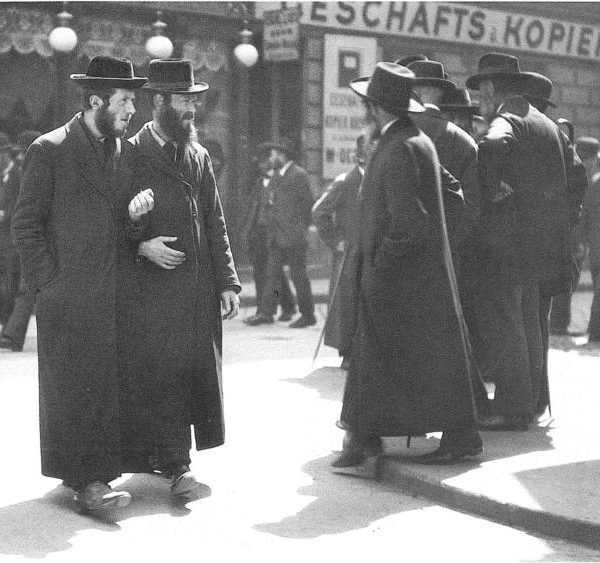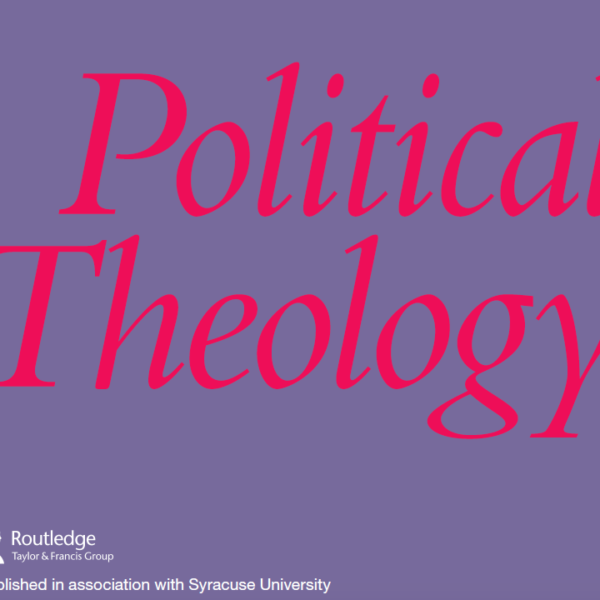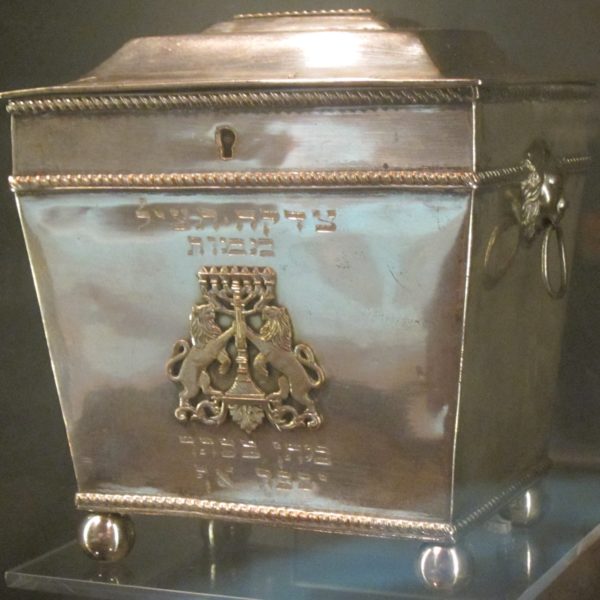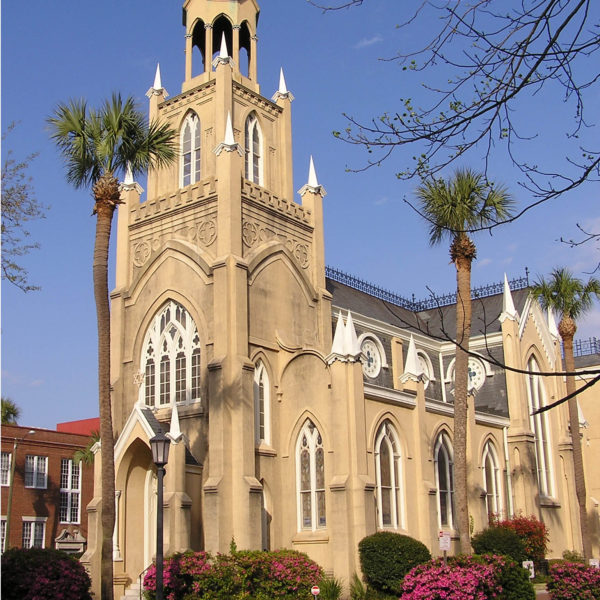
I thank both Timothy Simpson for taking the time to respond to my post and the current editors of Political Theology Today for allowing me to respond. It is an uncomfortable issue for people on all sides of the debate. I can only imagine the frustration wrought by “having been the target of barbs by both Christian and Jewish Zionists.” If my tone is irenic, I can only be glad; I do not desire to be the cause of frustration (even at those moments when I feel frustration). If Rev. Simpson views my tone as irenic, I find the content of his response to be ironic.
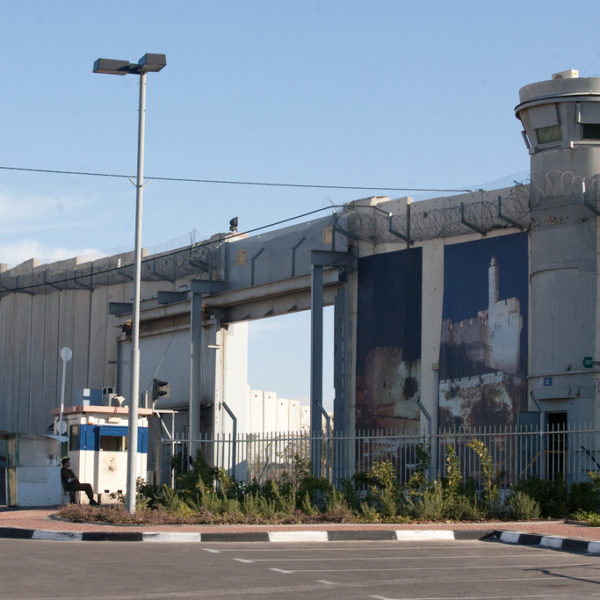
I wish to thank Dr. Bernstein for his thoughtful and irenic response to “Zionism Unsettled” (hereafter, ZU). . . . ZU is indeed a hard-hitting document. It says things many people would rather not have discussed and calls out both Jewish and Christian Zionists for their contribution to the misery and suffering of the Palestinian people. Such a resource, which could be utilized at the congregational level, was sorely needed. The Israeli occupation began in 1967, when I was four years old. I’m now a grandfather, and yet it still continues.

Judith Butler’s Parting Ways proposes a “Jewish” critique of state violence. But to my mind its real success is in arguing persuasively for a model of identity that places relationality and dispossession at the heart of human political experience. She forges her claim through readings of 20th century thinkers all touched by persecution and the experience of statelessness. These include Jews and non-Jews alike.
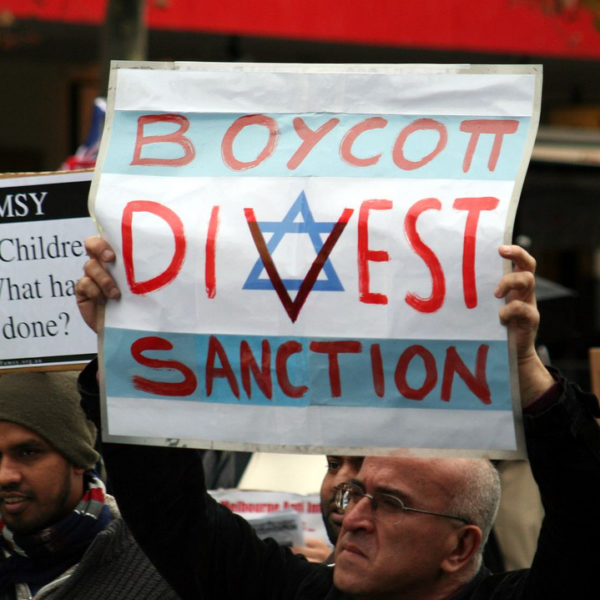
The reception of Parting Ways has been an instructive gauge of the political temperature of U.S. conversations about Zionism. Putting the phrase “critique of Zionism” in the title is bound, for better or for worse, to garner an audience. It seems that everyone has an opinion, even those who’ve never read the book.
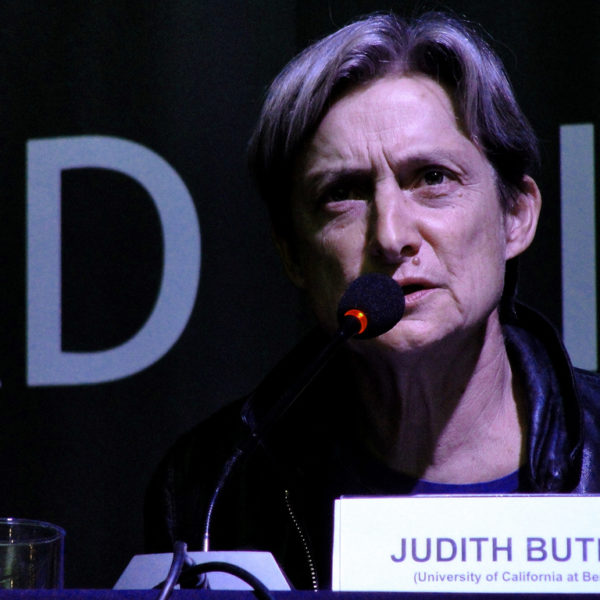
Let’s say for heuristic reasons that there are two kinds of discourse, mainstream and radical. And then ask what happens when radical discourse enters or is brought into the mainstream. What would it mean to “moderate” that discourse that presents itself as radical?

What the world needs is not another group of people scrambling for advantage or clamoring for privilege, but rather a community of people engaged in acts of transcendence that move beyond the interests of the self towards the furtherance of the common good. That will only happen when the church tells the truth about how and why it was so chosen by God and re-orders its practices accordingly.
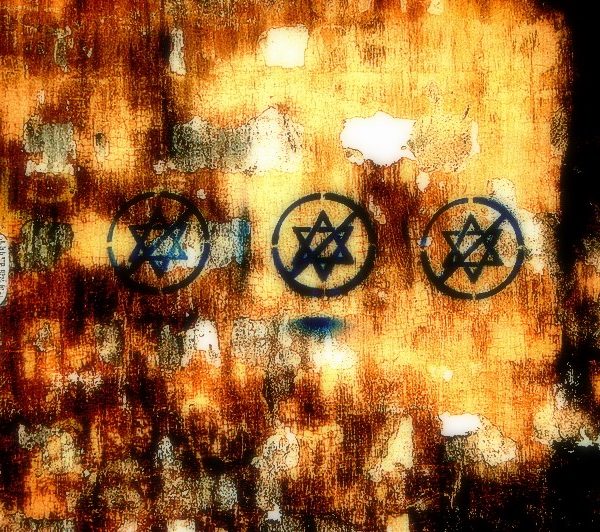
n the matter of U.S. support for Israel, religion and politics operate as Tweedle Dum and Tweedle Dee, reinforcing each other in a slapstick display of tomfoolery. Although presidents have for decades lodged verbal objections to settlement expansion in the Palestinian territories, the Congress continues to authorize 3.2 billion dollars per year for Israel while Christian Zionist organizations send tax-exempt millions directly to the settlements.
